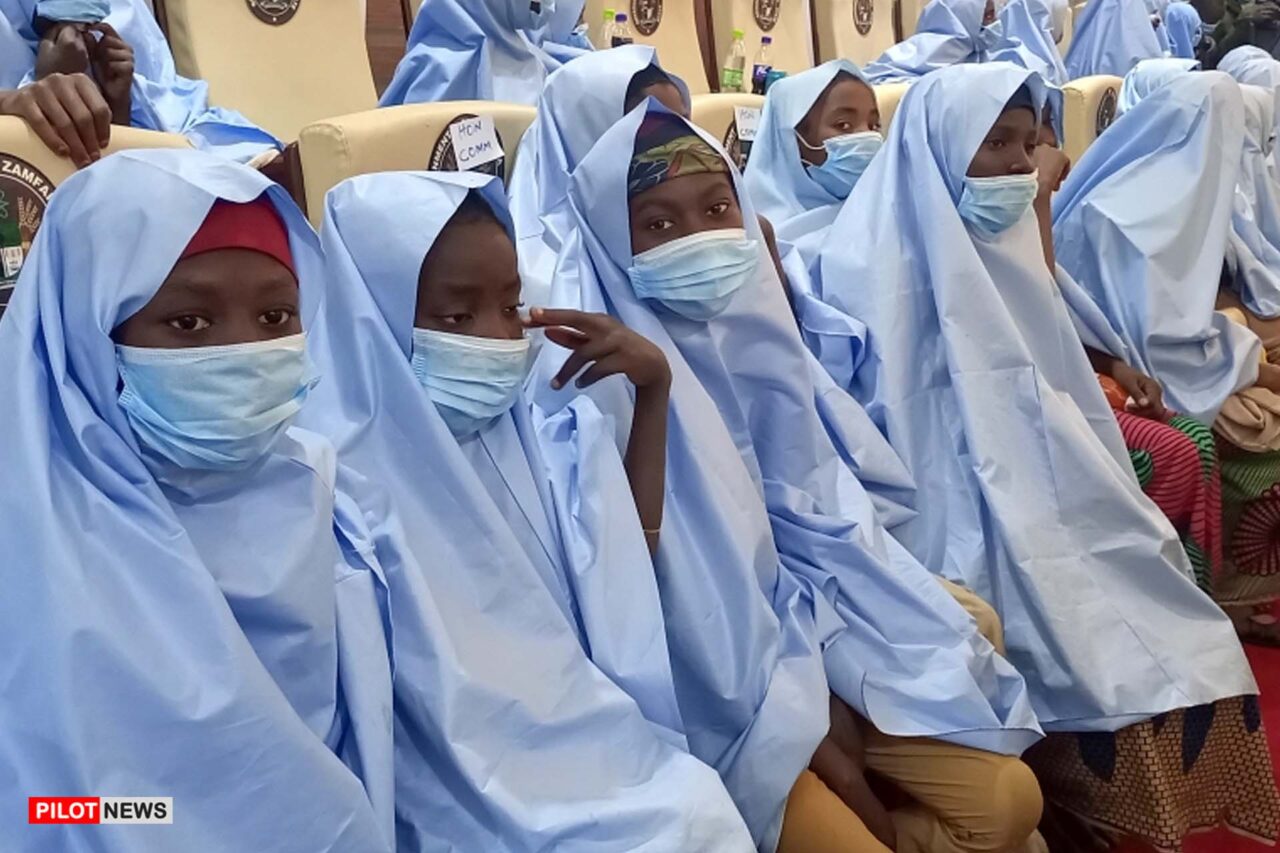By John Campbell
____
On February 27, “bandits” attacked the Government Girls Secondary School in Jangebe, Zamfara State and kidnapped some three hundred girls. Government reaction was predictable: search-and-rescue missions and strong statements. President Muhammadu Buhari said “let bandits, kidnappers, and terrorists not entertain any illusions that they are more powerful than the government.” At the time of the kidnapping, some of the girls avoided capture by hiding. According to media, the victims were forced to march into a forest so dense that they could not be seen by aircraft. Negotiations were soon underway with the bandits and all of the girls were freed March 1.
Despite its protests to the contrary, either the federal or Zamfara State government—or both—likely paid a ransom. Payment of ransom to kidnappers is almost always denied by government spokespersons. The denials lack credibility: even President Buhari last Friday conceded that “State Governments must review their policy of rewarding bandits with money and vehicles.” Two days later, bandits freed forty-two victims of a separate kidnapping incident following “negotiations.” Prior to the victims’ release, state officials claimed—again, with little credibility—that no ransom would be paid; no details were given as to the circumstances of their eventual release.
Jangebe captured more international attention than any mass kidnapping since at least 276 schoolgirls at Chibok were abducted by Boko Haram in 2014. The then-First Lady Michelle Obama publicly supported an international #BringBackOurGirls campaign. With respect to Jangebe, Pope Francis prayed for the release of the captives; UN Secretary-General Antonio Guterres and U.S. Ambassador to the UN Linda Thomas-Greenfield both called for punishment of the perpetrators in addition to the schoolgirls’ release. Unlike Chibok, the perpetrators at Jangebe were one of several heavily armed gangs that operate in northwest Nigeria, not the Islamist Boko Haram.
Chibok indicates that high-level international attention can cut two ways. On the one hand, international outcry forced then-President Goodluck Jonathan to act, even if with little success. On the other hand, international attention made the Chibok girls more valuable to Boko Haram and thereby could have delayed their release. More than one hundred remain in captivity.
John Campbell is the Ralph Bunche senior fellow for Africa policy studies at the Council on Foreign Relations in Washington, DC. He was a former U.S. ambassador to Nigeria. He writes the blog Africa in Transition. This article first appeared in CFR.
- Anambra 2025 Governorship Election Might Be an Open Contest - April 24, 2024
- Anambra Assembly Passes Bill To Prohibit Secret Cults - April 24, 2024
- 2024 Aguata NBA Law Week: AG, Prof. Ifemeje Touts Landmarks and Expectations - April 19, 2024



